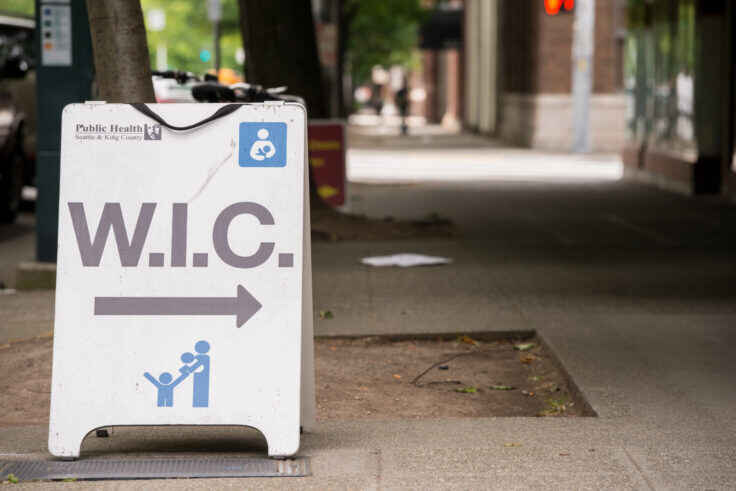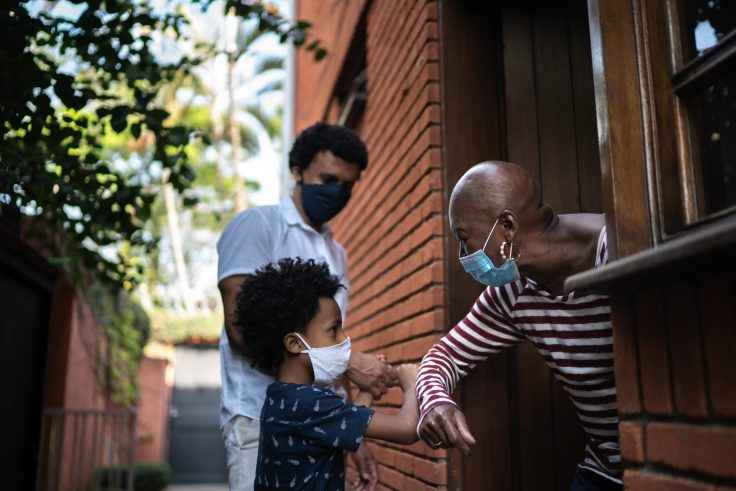COVID-19 in Indian Country: Past Policy, Current Responses, and Future Implications
Overview
August 18 | 1:00 – 2:30 p.m. ET
The coronavirus pandemic has had a disproportionate impact on Native Americans and Tribal communities. Leading up to this current crisis, many state and federal policies undercut tribal sovereignty, leaving tribal healthcare systems underfunded and ill-equipped to respond to the spread of COVID-19 in their communities. In response, Tribes have exercised their inherent sovereignty to implement a range of infection control measures, with community-led initiatives providing creative and nimble solutions to the evolving crisis. This webinar introduces participants to key principles in Indian law and Tribal public health law, discusses the impact of COVID-19 in Indian Country, and identifies response strategies based upon practical experience.
View/download the Presentation Slides
This webinar will provide you with:
- An overview of Federal Indian law and the policies that have resulted in inequities that persist today
- A discussion of Tribal sovereignty and Tribal public health law, including recent Tribal actions to control COVID-19 within Indian Country
- Specific examples of how the pandemic has affected other public health issues in Tribal communities and solutions moving forward
Moderator:
- April Shaw, PhD, J.D., Staff Attorney, Network for Public Health Law—Northern Region Office
Presenters:
- Ethel Branch, JD, MPP, Founder & Interim Director, Navajo & Hopi Families COVID-19 Relief Fund
- Aila Hoss, JD, Assistant Professor of Law, University of Tulsa College of Law
- Philomena Kebec, JD, Co-Coordinator, Gwayakobimaadiziwin Bad River Needle Exchange
- Heather Tanana, JD, MPH, Assistant Professor (Research), S.J. Quinney College of Law – University of Utah; Associate Faculty, Johns Hopkins University – Center for American Indian Health
You may qualify for CLE credit. ASLME is an approved provider of continuing legal education credits in several states ASLME will also apply for CLE credits in other states upon request. An email from ASLME regarding CLE credits will be sent to attendees following the webinar.



